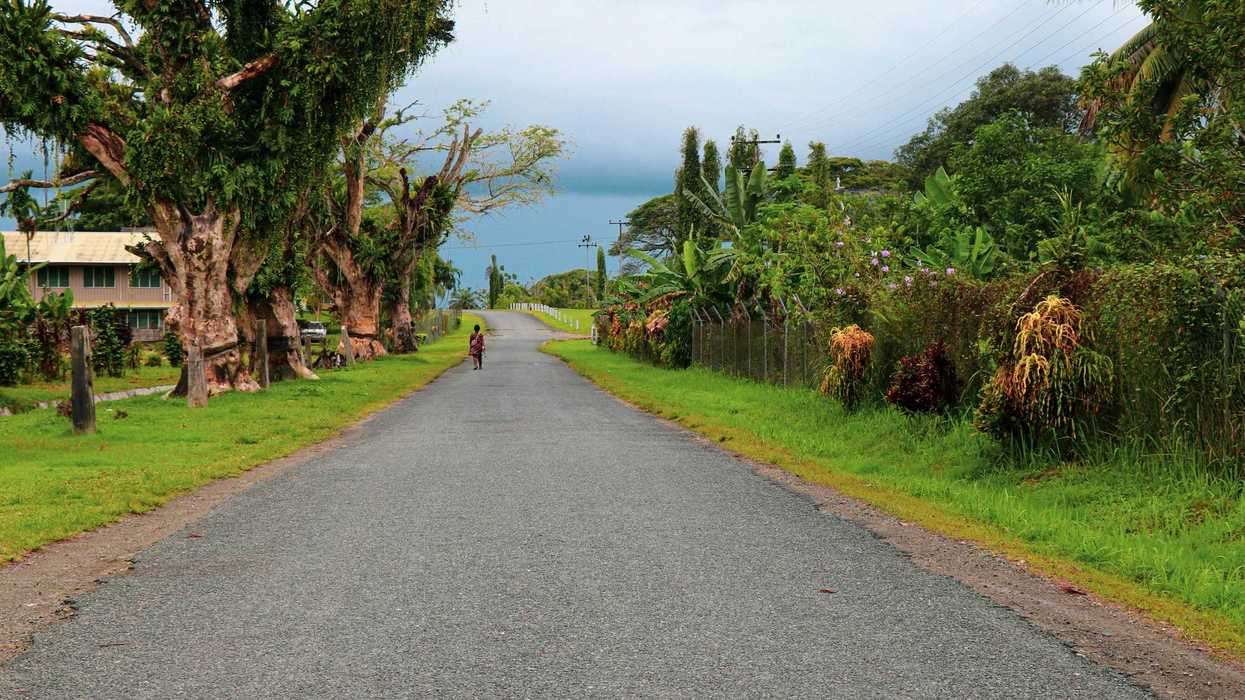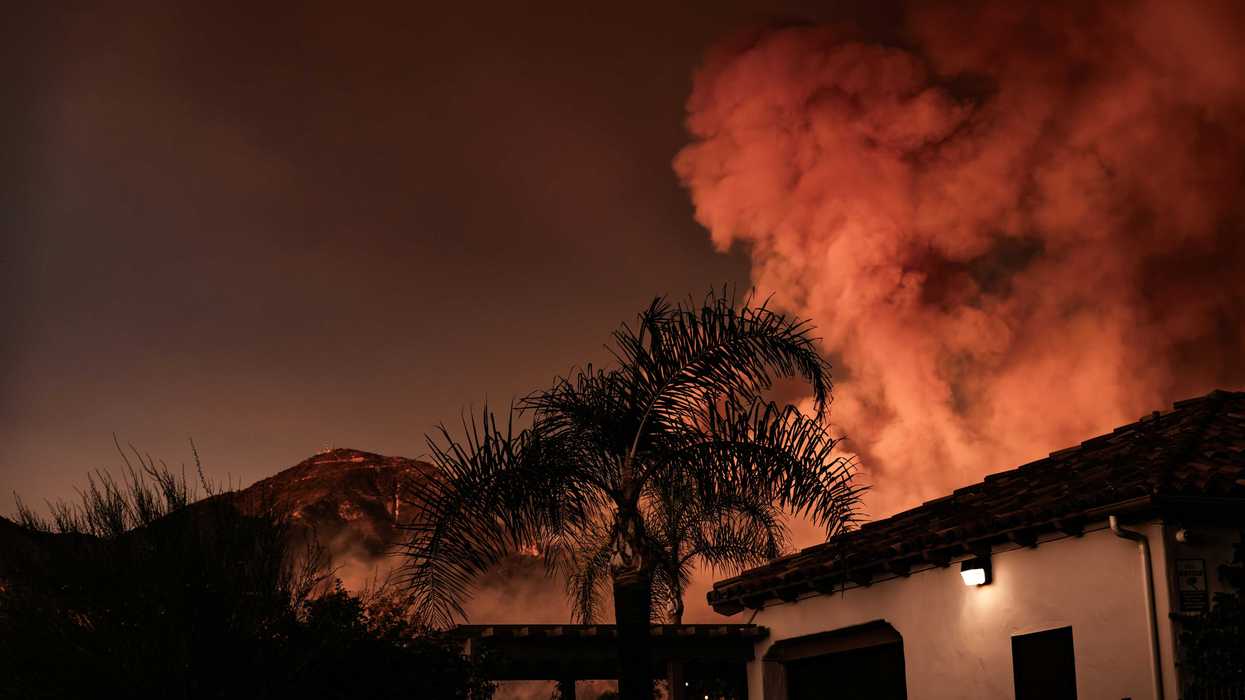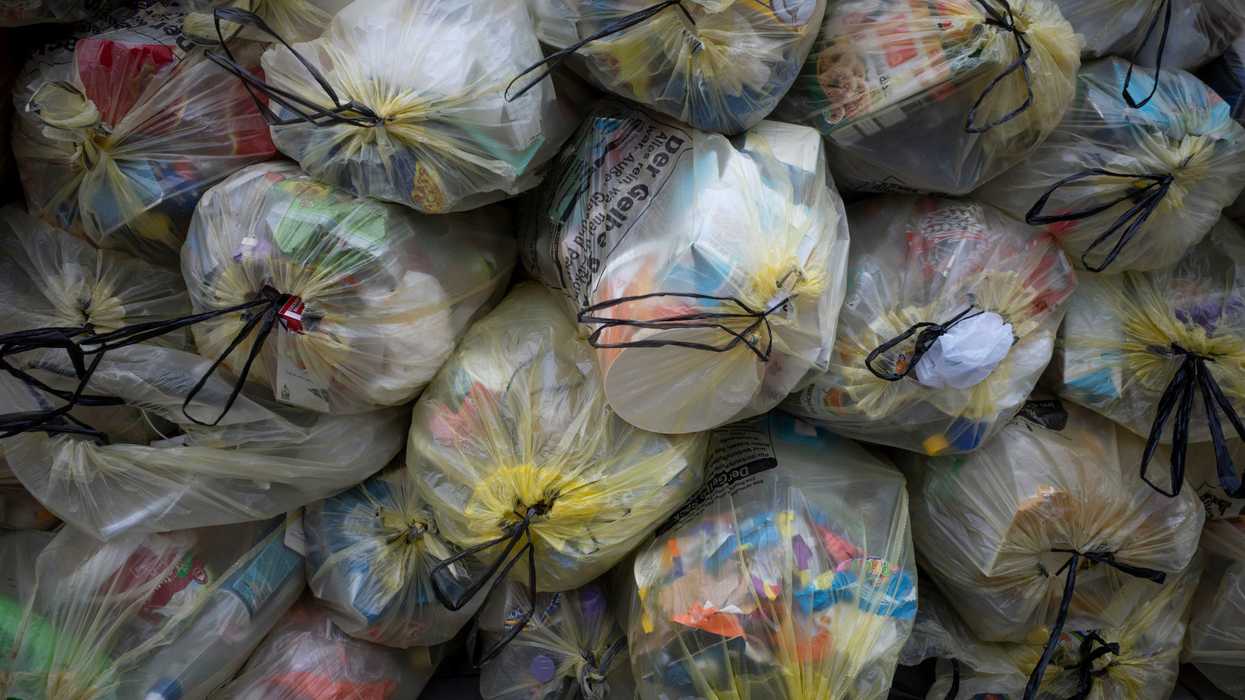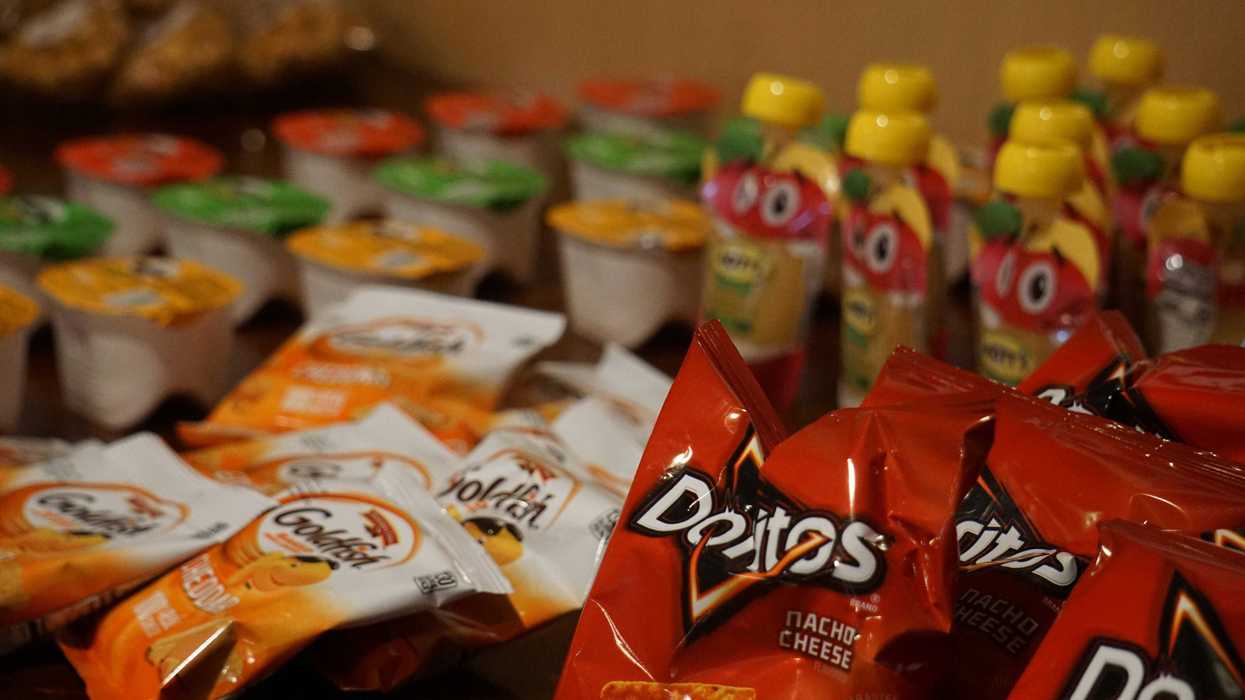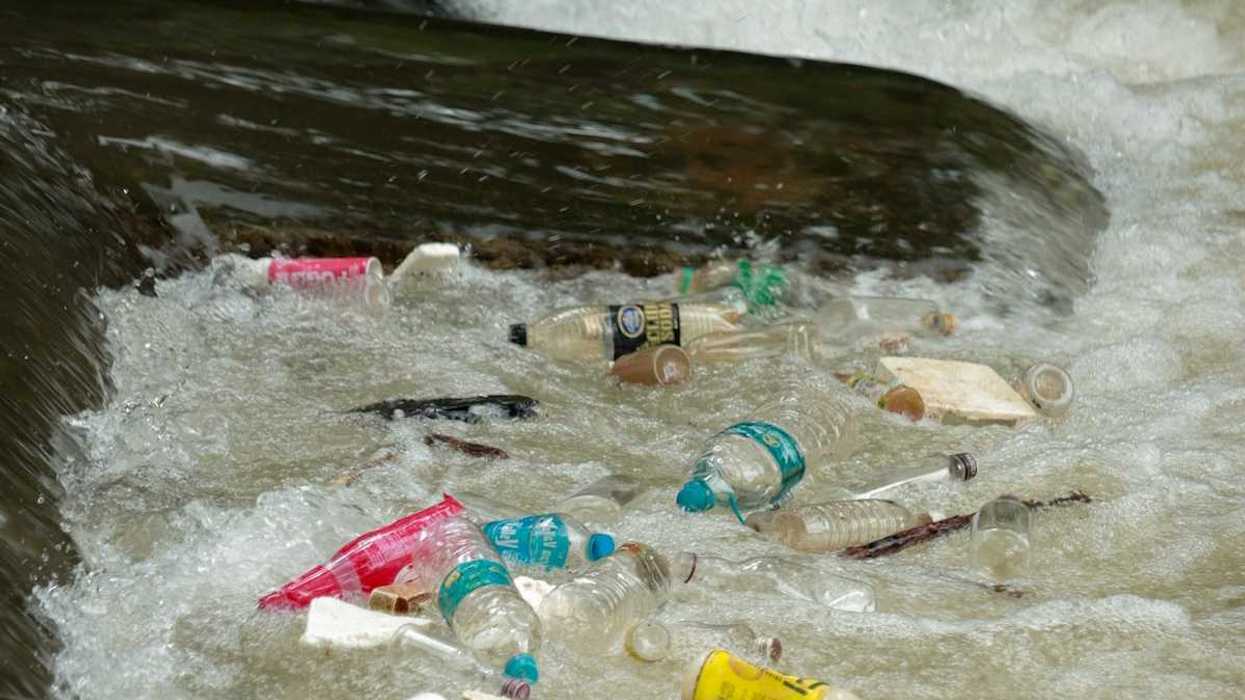The informal recycling market in Vietnam's Ho Chi Minh City showcases how e-waste is managed, with workers salvaging what they can to mitigate environmental harm.
Aniruddha Ghosal and Jae C. Hong report for the Associated Press.
In short:
- E-waste is filling up landfills at an alarming rate, with Asian countries generating almost half of the 62 million metric tons produced globally in 2022.
- Despite rising e-waste, proper recycling systems are scarce, leaving informal workers to collect waste, exposing them to health hazards.
- Collaboration between informal and formal sectors is seen as a potential solution to improve efficiency and safety in e-waste management.
Key quote:
“We are currently generating e-waste at an unprecedented rate.”
— Garam Bel, e-waste officer at the U.N.’s International Telecommunication Union
Why this matters:
Managing e-waste is crucial for public health and environmental safety, and integrating informal recyclers into the formal sector could help optimize resource recovery while protecting workers from hazardous conditions. Read more: Electronic waste from just this year will outweigh the Great Wall of China.




